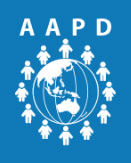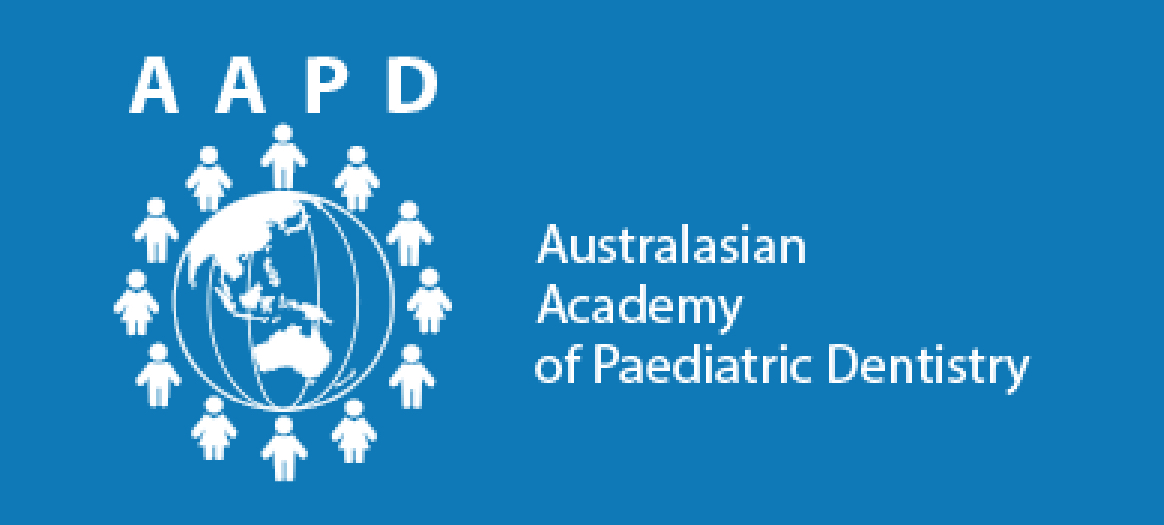Advocacy
The Australasian Academy of Paediatric Dentistry is committed to actively responding to a host of issues relating to dental and oral health of children and their families. We also continue to monitor protocols, healthcare policies, relevant guidelines and continue to engage with all stake holders in order to uphold strong advocacy for our patients as well as for our members.

GA Access and Equity
Rates of childhood dental decay remain disturbingly high and a significant proportion of young children and those with medical compromise or special needs will require dental rehabilitation under GA. A significant number of these patients will require specialist care, provided by members of the AAPD, both within the Public and Private sectors.
Clearly, support of effective preventive strategies aimed at minimising the burden of dental disease should be at the forefront of any effective dental care or policy. These include promoting water fluoridation and multi-modal fluoride therapies, oral care education, dietary counselling, consideration of a sugar tax and other possible Government support interventions, as well as influencing inappropriate advertising – these remain significant issues and important avenues for guidance.
Despite many preventive efforts, The Australian Institute of Health and Welfare (2017) has stated that dental disease is the leading cause of hospital admissions for children under 15 years in Australia.
The ever increasing strains within the public sector are already clearly documented and the extensive waiting lists, restricted treatment provisions and chronic staff shortages are well known. Patient health, safety and Quality of Life parameters are severely compromised by these limitations to comprehensive treatment.
AAPD has been at the forefront of advocacy on the issue of GA access and equity for many years, from direct participation within the ADA Affiliates and Specialist groups – as well as from individual Academy members providing personal representation, countless submissions and legislative input.
Despite Senate Enquiry recommendations and vigorous lobbying by many stake-holders, considerable barriers remain in providing specialist dental treatment within Hospital settings; namely inequalities in PHI funding, negotiating equitable hospital contracts for services, ensuring fair rebates for treatment, prioritising and securing dental operating lists.
Unlike medical procedures carried out under GA for children, dental treatment does not qualify for universal Medicare coverage – hence reaffirming the financial inequities which exist for patients, families and clinicians.
The inability for patients and families to access funding from the Medicare CDBS for treatment under GA remains a significant and unreasonable barrier for access. AAPD is strongly advocating for changes to be made to the CDBS in order to allow the most vulnerable and at risk child patient base within our community to access GA treatment within this service.
In the Universal Declaration of Human Rights, the United Nations has proclaimed that childhood is entitled to special care and assistance.
Australia’s Department of Health and Aging also sets out a specific agenda in ensuring that all Australian children and their families benefit from equitable, quality and universal child and family health services.
This national framework is based on delivering a number of benefits:
- promoting the availability and the role of universal child and family health services to parents, the community as well as health, education and welfare professionals
- promoting consistency of service across jurisdictions
- providing a contemporary evidence base for service improvement
- progressing towards national performance monitoring and the compilation of national population health data for the purposes of comparison across jurisdictions and subpopulations
There are numerous studies demonstrating that active and un-treated dental disease and its associated co-morbidities have significant and deleterious impacts on all Quality of Life parameters, as well as adding to the already significant biological and financial burden experienced by children and their families.
AAPD feels that denying children and their families safe, equitable and timely access to GA services for management of dental disease stands against these fundamental human rights and Government obligations.
The provision of safe, effective and evidence based treatment should be the goal of any clinical endeavour. To this end, AAPD is strongly of the opinion that dental and surgical treatment carried out for children under general anaesthesia:
- should be undertaken within approved day stay and accredited hospital facilities
- should be carried out by clinicians with appropriate training with recognised graduate degrees confirming scope of practice
AAPD is committed to this issue of advocacy in ensuring timely, equitable, affordable and safe access to dental treatment under general anaesthesia (DGA) particularly for children who can only be treated under this modality.

Oral Health and Disability Resources
AAPD has continued strong representation on the Disability and Oral Health Collaboration (DOHC) which is a joint academic and professional group, coordinated by Deakin and Melbourne Universities. Closely linked to this partnership is a diverse group working in the area of oral health and disability – Inclusion Melbourne (IM).
Children and young people with disabilities are at increased risk of poor oral health and face multiple barriers to accessing dental services.
AAPD in collaboration with DOHC and IM have developed guides and resources for oral health practitioners and other support professionals – to help improve the oral health experiences of our patients with disability. They provide strategies that dental practitioners can utilise to identify barriers and oral health risk factors and assist with patients’ support networks in providing high quality and timely dental care.
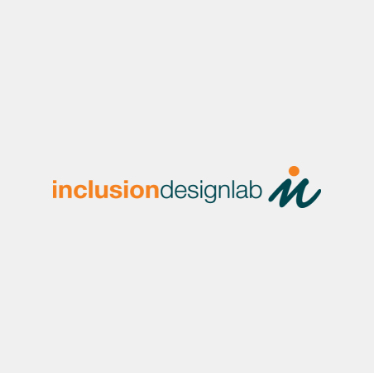
Disability and Oral Health Collaboration (DOHC) and Inclusion Melbourne (IM)
AAPD has continued strong representation on the Disability and Oral Health Collaboration (DOHC) which is a joint academic and professional group, coordinated by Deakin and Melbourne Universities. Closely linked to this partnership is a diverse group working in the area of oral health and disability – Inclusion Melbourne.
Whilst poor oral health is a significant health concern in itself, the link between oral and systemic health is also well established in the literature. In particular, the role of untreated dental disease in children and its link to future caries potential, poor quality of life parameters, and associated morbidity is strongly connected and requires further research. Individuals and children in particular with intellectual disability can suffer from serious and often neglected oral problems, resulting in serious pain, infection, loss of teeth and function, speech and systemic health issues as well as alteration in behaviour.
The issues of obtaining appropriate and informed consent from parents and guardians, as well as the ability to gain equitable access for safe and effective sedation, GA and Hospital rights continue to pose ongoing obstacles for our child patients and their families.
The AAPD remains at the forefront of advocating on these issues with all relevant stake holders, and helping to establish appropriate DRG’s (Diagnostic Related Groups) and co-morbidity data for Government. In this way AAPD is committed to help identify gaps in services, payments and funding and hopefully, assist to expand MBS codes particularly for children undergoing treatment under GA.
AAPD is working closely along-side IM and DOHC on several projects:
- to develop submissions to NDIS and the Royal Commission, focusing on paediatric dental advocacy
- the creation of paediatric dental focused resources and practice hand-outs for our members
- developing content for Your Dental Health website
- advocating equity in accessing optimal dental care, safe and effective GA and sedation facilities for children, especially those with special needs
- supporting the extension and ongoing development of the CDB scheme
- contributing to the DOHC Community of Practice pilot
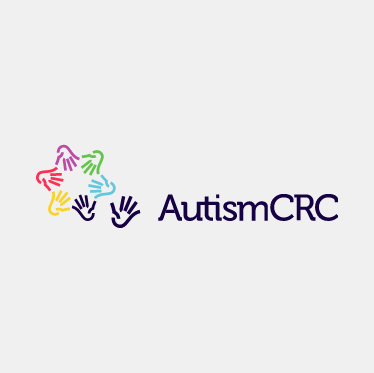
Autism CRC Collaboration
AAPD remains in close partnership with UWA Centre for Child Health Research, Autism CRC and the Telethon Kids Institute in developing and refining several joint research projects.
The current research project “Investigating Oral Health in Children on the Autism Spectrum” continues to review information obtained from a child development, family demographic and co-morbidity questionnaire, an oral health/history/experience survey, as well as taking into account any linked genomic biological data already within the Australian Autism Biobank. The survey has been finalised and distributed to participant families within the Biobank. This cohort consists of children between 2-17 years of age – 1152 children within the autism spectrum, 263 non-autistic siblings and 150 non-autistic controls. Data will be collected over an extended period and analysed with the view of provided the Academy with resources, publication opportunities and statistical data to further enhance our advocacy of our child patients, particularly those with ASD and other special needs.
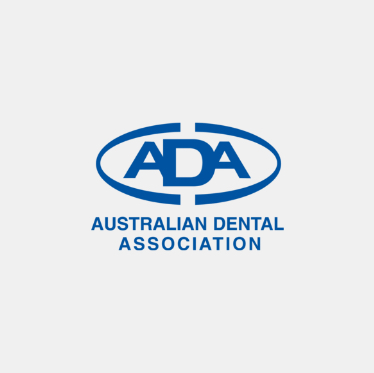
ADA Ankyloglossia Working Group
A multi-disciplinary group of health professionals representing ten organisations and associations was established in 2019-20 under the guidance of ADA Inc. This working group was tasked with providing evidence-based consensus regarding the diagnosis and management of short, tight labial and lingual fraena and ankyloglossia. AAPD provided strong representation on the development of this statement based on analysing existing high level evidence, including systemic Cochrane Review, an updated broader literature review and the expert opinion of the working group. Dr Mihiri Silva acted as Chair of this multi-representational group of stake holders, ably assisted by Dr Philippa Sawyer, Dr Kelly Oliver and Dr Kareen Mekertichian. The Consensus paper has since been published, reviewed and distributed extensively, and a link to the June 2020 Webinar on the topic can also be accessed via the ADA Inc website.
ADA Interact: Ankyloglossia & Oral Frena Consensus Statement
ADA After Hours: Ankyloglossia & Oral Frena Consensus Statement
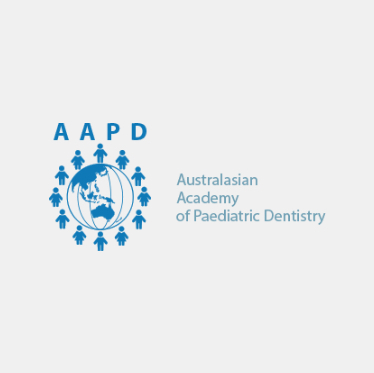
The AAPD Mentoring Programme
The AAPD mentoring program has been designed to support recent graduates in their transition to specialist practice and to encourage continued leadership, learning and development within the Academy.
Mentoring is a relationship in which one person, usually more experienced or senior, takes time to assist the career, professional or personal development of someone else, who is known as a mentee. Mentoring is the sharing of knowledge, skills and life experience to guide another towards reaching their full potential.
The AAPD program has a focus on professional and personal development of the mentee but there are many mutual benefits.The objectives of this program are:
- To connect members and create positive relationships within the AAPD
- To support recent graduates in their transition to specialist practice
- To expose mentees to different interest areas and sub-specialties within Paediatric Dentistry
- To develop leadership skills within the AAPD community
The AAPD is committed to developing a strong Mentorship Program which fulfils these specific aims and objective, as well as creating an ongoing environment of collegiality, collaboration and care within our specialist profession.
We thank Dr Tim Keys who provided the original ground-work for this programme which has been extensively developed and further refined by our inaugural Mentorship Committee – chaired by Dr Rebecca Eggers and ably assisted by Dr Nina Vasan, Dr Michael Malandris and Dr Peter Readman.
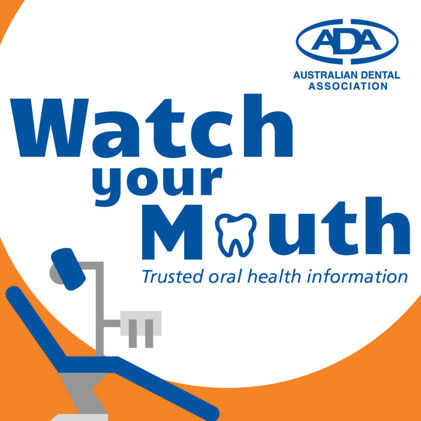
ADA Podcasts – “watch your mouth”
ADA Inc is developing several Podcasts relating to dental and oral health issues, suitable for general distribution to families, consumers and the general public.
The first series of eight episodes has been released and covers many relevant paediatric dental issues for parents, wanting to find out more about oral health in infancy and early childhood. These entertaining episodes are hosted by Jimmy Rees – best known as Jimmy Giggle from the children’s show Giggle and Hoot – as he talks to dental experts.
We are very thrilled that several members of our Academy are highlighted within this series, providing their specialist knowledge, experiences and clinical insights.
- Pregnancy – with Dr Neboda
- Pacifiers and thumb sucking – with Dr Scott
- Tooth development and teething – with Dr Sawyer
- Brushing and oral care – with Dr Mekertichian
- First dental visits and tooth decay – with Dr Silva
- Nutrition advice – with Dr Smith (paediatric dietitian)
- Kids with additional needs – with Dr Chawla
- Early intervention orthodontics – with Dr Tarraf (orthodontist)
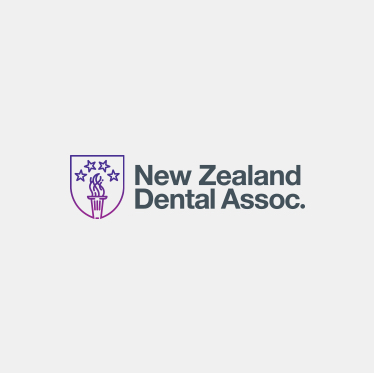
NZDA Affiliates Society, NZDA Board and NZ Dental Council
AAPD continues its representation on matters pertaining to specialist registration and clinical practice, scope of practice, dental auxiliaries and code of practice for our members and associated dental professionals across New Zealand. We are indeed very fortunate and proud having Dr Katie Ayers not only as a valued AAPD member, but also as the current President of NZDA continuing advocacy across our region.
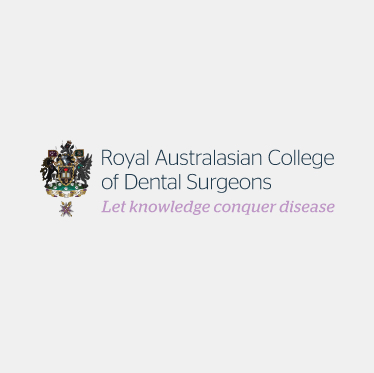
RACDS
AAPD continues to work very closely with the College on all matters relating to advocacy, education and policy development. Members of our Academy have historically and actively been heavily involved in all levels of College representation and continue to provide valuable direction, vision and guidance.
Our members continue to play significant roles
- Within the College Council and as past-Presidents
- Board of Studies (BoS) for Paediatric Dentistry
- As examiners for the Primary, Secondary and Membership Fellowship qualifications
- As Conjoint examiners within State, Regional and National Universities
- Active contributors to the development of sedation and general anaesthetic policies
The Academy is also working closely with the College in developing collaborative projects and educational platforms to promote aspects of paediatric dentistry to the wider dental community and especially, to those residing in the regional areas of Australia and New Zealand.
Current BoS Paediatric Dentistry
| 2022 - 2020 | |
|---|---|
| Dr Michael Malandris | Society |
| Dr Juliette Scott | Academy |
| Prof Bernadette Drummond | RACDS |
| Dr John Winters | RACDS |
| Clin A/Prof Neil Peppitt | Registrar (SDP) |
| Dr Erin Mahoney | President’s Nominee |
| 2020 - 2018 | |
|---|---|
| Dr Vanessa William | Society |
| Prof David Manton | Academy |
| Prof Bernadette Drummond | RACDS |
| Dr John Winters | RACDS |
| Clin A/Prof Neil Peppitt | Registrar (SDP) |
| Dr Erin Mahoney | President’s Nominee |

ADA Schedule of Dental Services and Glossary
The Australian Dental Association (ADA) is undertaking a review of the Australian Schedule of Dental Services and Glossary (the Schedule).
As a specialist organisation with a key interest in the Schedule, the AAPD has been invited to participate in this review. For many of the older members of the Academy, we would recall countless frustrations and disappointments in previous attempts to establish, to maintain and promote more specific Paediatric Dental items within the Schedule.
Therefore, this is a significant opportunity for the AAPD to advocate for our speciality and provide guidance to other stake holders.
The planned operational date of the next version is 1 April 2022 with a release date to dentists and other stakeholders in February 2022.
AAPD has provided feedback to the ADA based on suggestion made from our members and will continue to lobby for a stronger voice in the development of appropriate, equitable and accurate item numbers and descriptors relating to paediatric dental practice.
